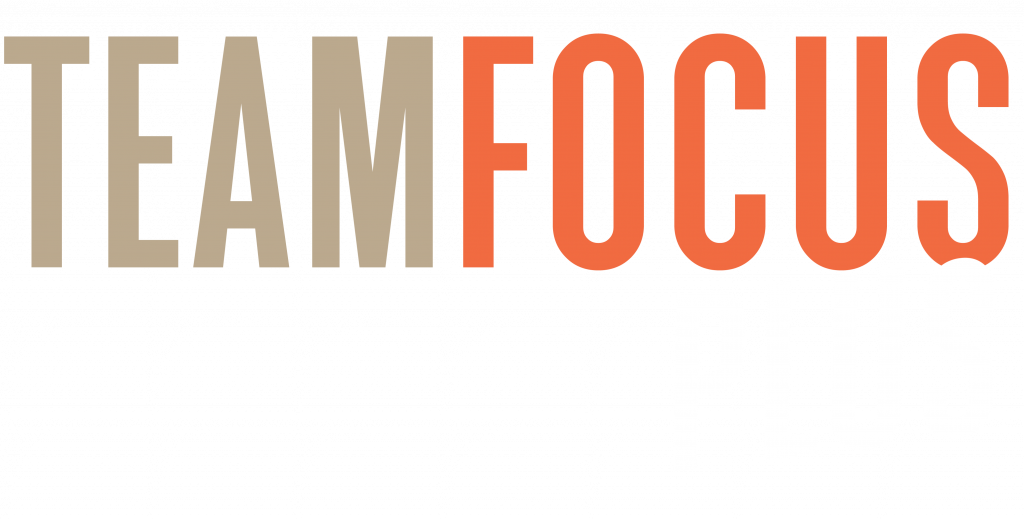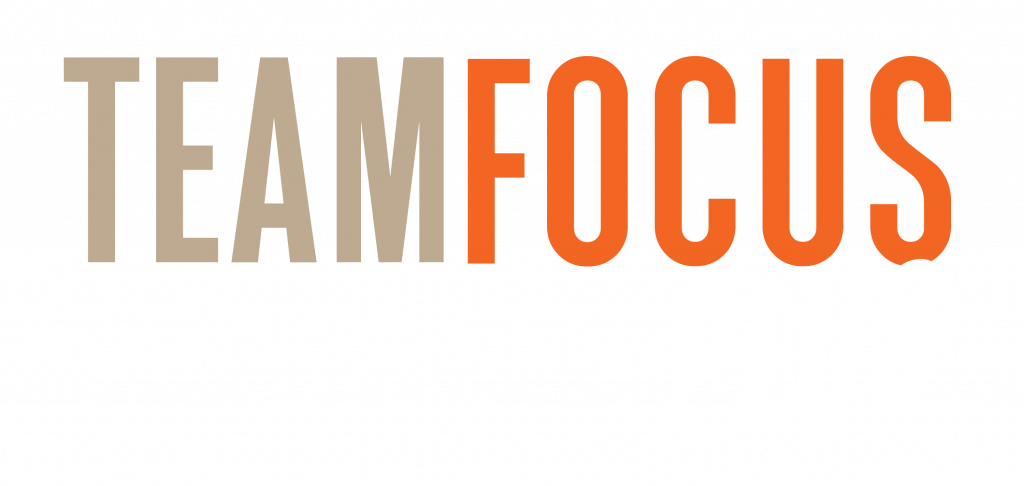Original Article from Dynamic Business: Comments by Ross Judd 16 October 2019
In the startup and small-to-medium business world, growing quickly is inevitable on the journey to becoming a successful company. We often associate startups and small businesses with great work culture, but when your team seems to be multiplying by the minute, how can you keep that same positive work environment when you are scaling rapidly?
Perhaps in the beginning creating business culture is an organic venture, but organic culture can only take you so far and there needs to be systems and policies in place to keep staff happy and in line with company values further down the road.
Today, we’re putting the question “How can we maintain great work culture in a period of business growth?” to the experts.
Your productivity will improve if you select for “fit”, even if you get someone with inferior technical skills. Why? Because a poor fit for team environment will impact every member of the team. The tension, stress, and aggravation caused will make every person less productive. The net result is that the total output from the team will be negatively impacted. Alternatively, if you employ someone that fits in with the culture of the team your performance will improve. Why? Because a strong team will coach, develop, and support the new team member. They are part of the team and that’s what teams do.
Ross Judd, founder of Team Focus and author of Cultural Insanity
If your business is growing you will need to take these three simple steps to make sure that every new person adds value to your culture.
(1) Talk about your purpose, why you exist. Make sure new recruits are aligned with the contribution you are making in the world.
(2) Be very clear about the culture you are building to deliver on that purpose. Define your target culture in one word, or two at the most, so it’s easy to understand and talk about.
(3) Talk about the culture you are building at every chance you get. During interviews, induction, team meetings, as often as possible. The more you talk about your target culture the more everyone will contribute to creating it.
Call or email. It’s “obligation free” because we love talking about this stuff. team@teamfocusplus.com






